- Written By Team DWS
- Festivals
- October 09, 2024
Maha Ashtami Rituals: How to Celebrate This Auspicious Day
Maha Ashtami, the eighth day of the Durga Puja festival, holds immense significance in Hindu culture, particularly in the states of West Bengal, Assam, and Odisha, where the festival is celebrated with grandeur. This year, as the festive spirit fills the air, let's delve into the rituals and customs associated with Maha Ashtami and discover how to celebrate this auspicious day in a meaningful way.
The Significance of Maha Ashtami
Maha Ashtami is dedicated to Goddess Durga, who symbolizes the victory of good over evil. According to Hindu mythology, it is believed that on this day, the goddess fought the buffalo demon Mahishasura to restore cosmic order. The triumph of Durga signifies the victory of righteousness, and it is a time for devotees to seek her blessings for strength, courage, and protection.
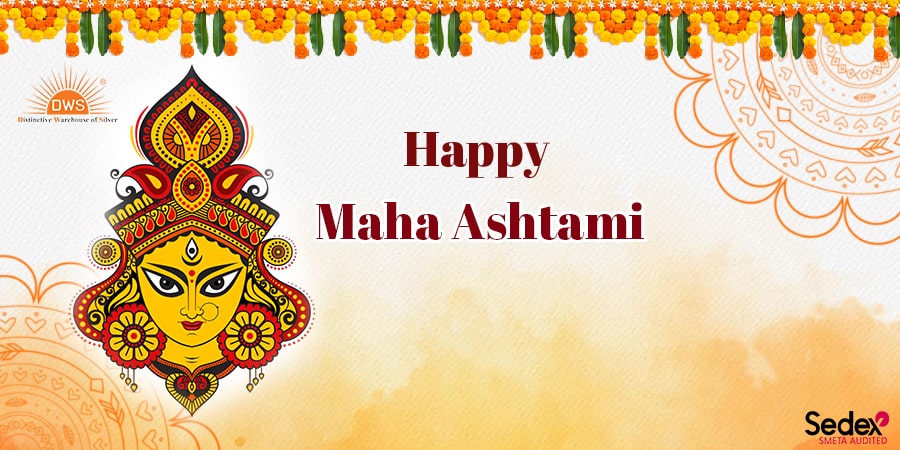
Preparations for Maha Ashtami
The festivities begin long before the actual day of Maha Ashtami. Here are some rituals and preparations to keep in mind:
- Cleaning and Decorating the Home: A few days prior, devotees clean their homes and set up beautiful decorations. They often use flowers, colorful rangoli (decorative designs made from colored powders), and lights to create an inviting atmosphere.
- Puja Preparations: Families prepare for the puja by gathering the required materials, such as incense sticks, flowers, fruits, sweets, and other offerings. It’s common to make arrangements for a "pandol" or temporary structure where the idol of the goddess will be installed.
- Kalash Sthapana (Establishing the Sacred Pot): On the day of Maha Ashtami, a sacred pot (kalash) filled with holy water is established, symbolizing the divine presence of the goddess. This pot is often adorned with mango leaves and a coconut on top.
Rituals of Maha Ashtami
Celebrating Maha Ashtami involves various rituals performed with devotion. Here are the key rituals that one should follow:
- Bodhan: The day begins early with the Bodhan ceremony, marking the invocation of Goddess Durga into the idol through spiritual practices. This highly important ritual is conducted with utmost care and devotion.
- Nabami (Sankalpa): Devotees perform a ceremonial vow (Sankalpa) to express their intentions for the puja. This is followed by chanting sacred mantras and hymns to invite the goddess.
- Maha Ashtami Puja: The main puja begins with the chanting of Durga Suktam and Jaya Durga Stotra. Offerings of fruits, sweets, and incense are made to the goddess while seeking her blessings. The atmosphere is charged with spiritual energy as devotees participate in the rituals with fervor.
- Sandhi Puja: One of the most significant elements of Maha Ashtami is the Sandhi Puja, which occurs at the juncture of Ashtami and Navami (the ninth day) during the last 24 minutes. It commemorates the moment when Goddess Durga struck down Mahishasura. Offerings are made, and devotees recite dedicated prayers during this time.
- Kanya Puja: A unique and symbolic ritual of Maha Ashtami is Kanya Puja, where young girls (usually aged between 2-10 years) are worshipped as manifestations of the goddess. They are treated with utmost respect and fed a meal consisting of different delicacies, including sweets like khichuri (rice and lentils) and payesh (rice pudding). This ritual reinforces the reverence for feminine energy in the form of Durga.
Celebrating with Community
Maha Ashtami is not just a personal or family celebration; it is a communal affair that brings people together. Here are ways to celebrate with your community:
- Visit the Puja Pandal: In many places, elaborate Durga Puja pandals are set up. Visiting these makeshift temples, adorned with artistic decorations and traditional music, can be an awe-inspiring experience. Engage with your community, participate in events, and revel in the festive spirit.
- Cultural Programs: Many community centers organize cultural programs, including dances, songs, and plays depicting the tales of Goddess Durga. Attend these events to immerse yourself in the cultural richness of the festival.
- Charity and Helping the Needy: Maha Ashtami also emphasizes the virtue of helping others. Engaging in charitable acts, donating to the less fortunate, or distributing food can amplify the essence of the festival and honor the spirit of the goddess.
Maha Ashtami is a day of great significance, filled with rituals that celebrate the strength and divine feminine empowerment embodied by Goddess Durga. It serves as a reminder of the triumph of good over evil and invokes a sense of unity, devotion, and cultural heritage among devotees. Through prayer, fasting, and various ceremonies, followers connect with their spirituality and seek blessings for strength and prosperity, making this festival not only a religious observance but a celebration of life, resilience, and community.

Maha Ashtami FAQs: Everything You Need to Know About the Celebration
Below are some frequently asked questions (FAQs) about Maha Ashtami, a significant day in the Hindu festival of Durga Puja.
1. What is Maha Ashtami?
Maha Ashtami is the eighth day of the Navratri festival and is dedicated to the worship of Goddess Durga. It is considered one of the most important days during Durga Puja, marking the climax of the festivities.
2. When is Maha Ashtami celebrated?
Maha Ashtami falls on the eighth day of the lunar month of Ashwin, which typically corresponds to September or October in the Gregorian calendar. The exact date varies each year based on the lunar calendar.
3. Why is Maha Ashtami special?
On Maha Ashtami, devotees perform special puja and rituals to honor Goddess Durga. It is believed that on this day, the goddess was given the power to fight against the buffalo demon Mahishasura. It symbolizes the victory of good over evil.
4. What rituals are performed on Maha Ashtami?
Key rituals include the Kumari Puja, where young prepubescent girls are worshipped as manifestations of the goddess, and the Sandhi Puja, which marks the transition from Ashtami to Navami. Devotees also offer bhog (food offerings) to the goddess.
5. What is Kumari Puja?
Kumari Puja is a ritual performed on Maha Ashtami where young girls, representing the goddess Durga, are bathed, honored, and worshipped. This ritual symbolizes the purity, power, and divine feminine energy.
6. Are there any specific foods associated with Maha Ashtami?
Traditional offerings include vegetarian foods, as many devotees observe fasting. Dishes like khichuri (a dish made of rice and lentils), labra (mixed vegetable curry), and sweets like sandesh and rasgulla are commonly prepared.
7. Is Maha Ashtami celebrated in all regions of India?
While Maha Ashtami is predominantly celebrated in West Bengal and among Bengali communities, other states with Hindu populations, such as Assam, Tripura, and Odisha, also observe it, though the practices may vary.
8. What should devotees wear on Maha Ashtami?
Devotees often dress in traditional attire, with many women wearing sarees, especially in red or other auspicious colors associated with the festival. Men may wear kurta-pajama or dhotis.
9. How do people celebrate Maha Ashtami outside India?
Hindu communities across the world, particularly in countries like Bangladesh, Nepal, and among the diaspora in the US, UK, and Canada, celebrate Maha Ashtami by organizing community pujas, cultural performances, and festive gatherings.
10. What is the significance of the Sandhi Puja?
The Sandhi Puja, performed during the cusp of Ashtami and Navami, is a special invocation to honor both the day as the end of Ashtami and the beginning of Navami. It symbolizes the moment when Goddess Durga began her fierce battle against Mahishasura.
Conclusion
Maha Ashtami is a celebration of devotion, strength, and the triumph of good over evil. It fosters a sense of community among devotees and is a time for prayer, reflection, and celebration.
Popular on Blogs
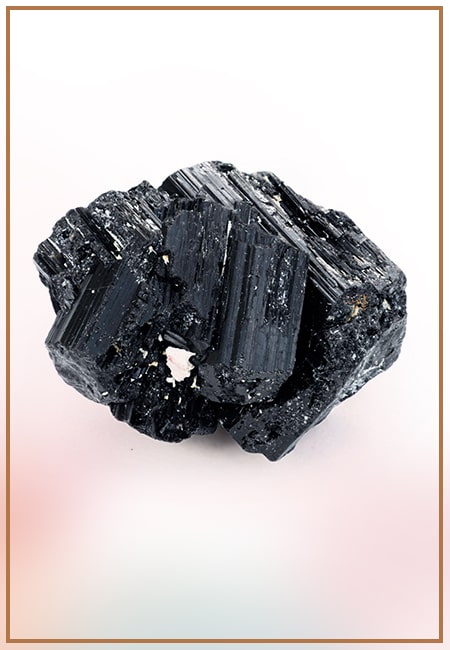
Black Tourmaline: Meaning, Healing Properties, Fascinating Facts, Powerful Attributes, Versatile Uses, and Beyond
September 05, 2023 / BY Team DWS
Black Tourmaline, also known as Schorl, is a highly revered crystal with incredible metaphysical properties. It derives its name from the Dutch word "turamali," meaning "stone with ..
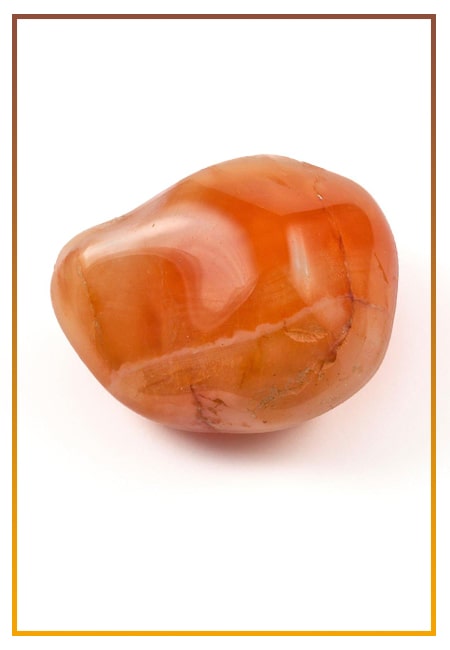
Carnelian Stone: Meaning, Healing Properties, Power, Facts, Color, Uses and More
December 26, 2023 / BY Team DWS
Carnelian is a vibrant and captivating gemstone that holds a plethora of meanings, healing properties, and powers. Its warm and fiery energy makes it a popular choice among crystal ..
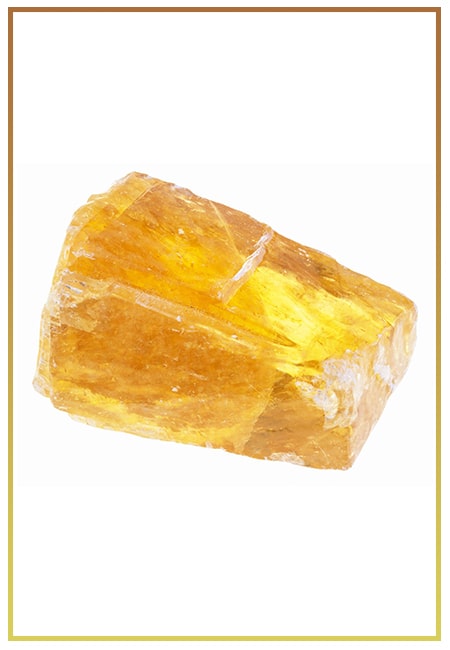
Citrine: Exploring its Meaning, Healing Properties, Fascinating Facts, Powers, Versatile Uses, and Much More
November 18, 2023 / BY Team DWS
Citrine, with its warm golden hues, has captured the attention and imagination of people for centuries. This beautiful gemstone, commonly associated with wealth and prosperity, hol ..

Black Onyx: Unveiling the Meaning, Healing Properties, Fascinating Facts, Powerful Attributes, Versatile Uses, and Beyond
July 25, 2023 / BY Team DWS
Black Onyx, a striking gemstone admired for its deep black hue and elegant appearance, has captivated people for centuries. In this comprehensive guide, we will delve into the mean ..
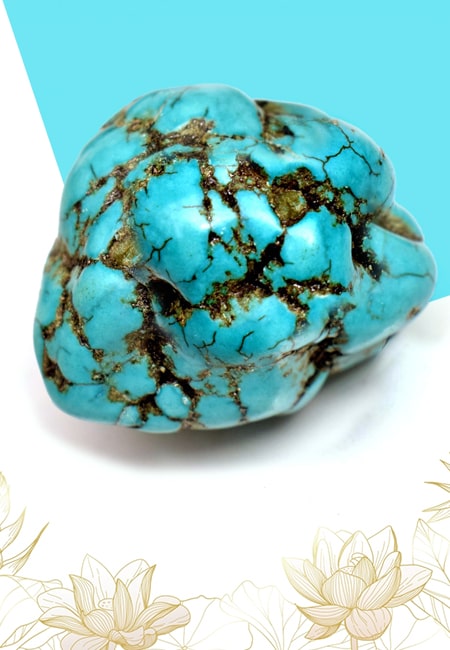
Unveiling the Mysteries of Turquoise Stone: Exploring its Meaning, Healing Properties, Power, Facts, Color, Uses, and More
December 05, 2023 / BY Team DWS
Turquoise, with its captivating blue-green hue, has been adorning jewelry and artifacts for centuries. This striking stone has a rich history, rich symbolism, and a plethora of int ..
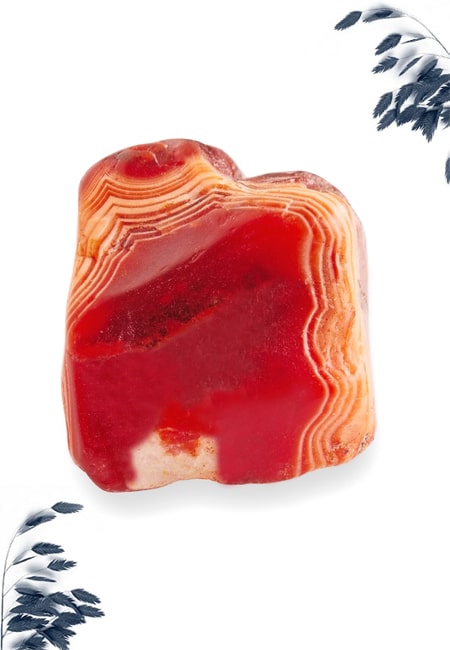
The History Behind The Popularity of Red Agate
December 23, 2022 / BY Team DWS
An Agate is a type of magma rock that takes many years till it is washed out naturally into the water. And that is the reason this stone has elements of water. This beautiful stone ..

Plan a Perfect Valentine's Week with Our Valentine Week List 2025
January 22, 2024 / BY Team DWS
Valentine's Day is undoubtedly the most romantic day of the year, but we believe that one day is just not enough to express your love and make your partner feel special. That's why ..
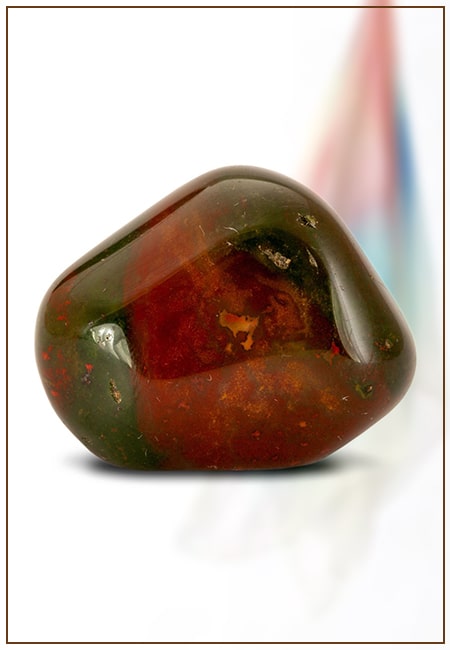
Bloodstone: Unveiling the Meaning, Healing Properties, Facts, Powers, Uses, and More
August 21, 2023 / BY Team DWS
Bloodstone, with its captivating deep green color with specks of red, is a mesmerizing gemstone that has fascinated civilizations for centuries. It possesses unique healing propert ..


